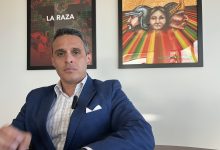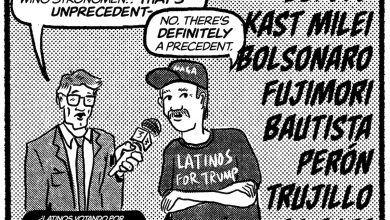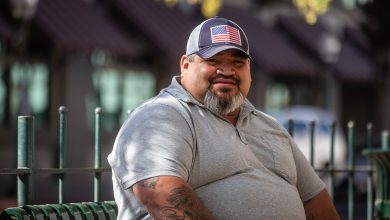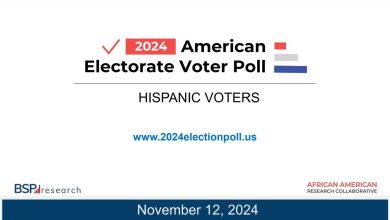Lawyers Who Defended Affirmative Action Say Fight Isn’t Over
They argue the decision is likely to widen existing inequities in higher education and that proponents of Affirmative Action need to find new ways to ensure diversity. SCOTUS and Affirmative Action The Supreme Court’s decision in late June overturning 45 years of precedent that allowed for the consideration of race in college admissions is a big setback for all communities of color.
That is the consensus among advocates of Affirmative Action who say the ruling will widen already glaring inequalities.
“As we’ve seen with this term’s decisions on Affirmative Action and student debt relief, the Supreme Court is more interested in making higher education attainable for primarily the wealthy and well-connected,” says Rep. Judy Chu (D-CA).
The most immediate effect will be decreased minority student enrollment at the University of North Carolina and Harvard, the two universities involved in the ruling, unless both schools figure out other ways to diversify their student body.
Chu, who also chairs the Congressional Asian Pacific American Caucus, told reporters at an EMS press briefing last week she was “deeply distressed” by the high court’s ruling.
“Our Asian American, Native Hawaiian, and Pacific Islander communities are not a monolith. AANHPI students from low-income, first-generation, immigrant, refugee, or Indigenous communities […]
Click here to view original web page at ethnicmediaservices.org












